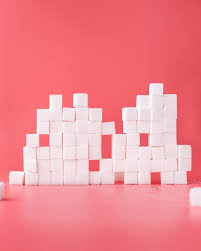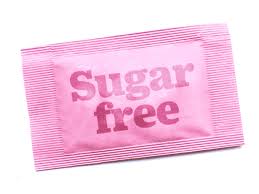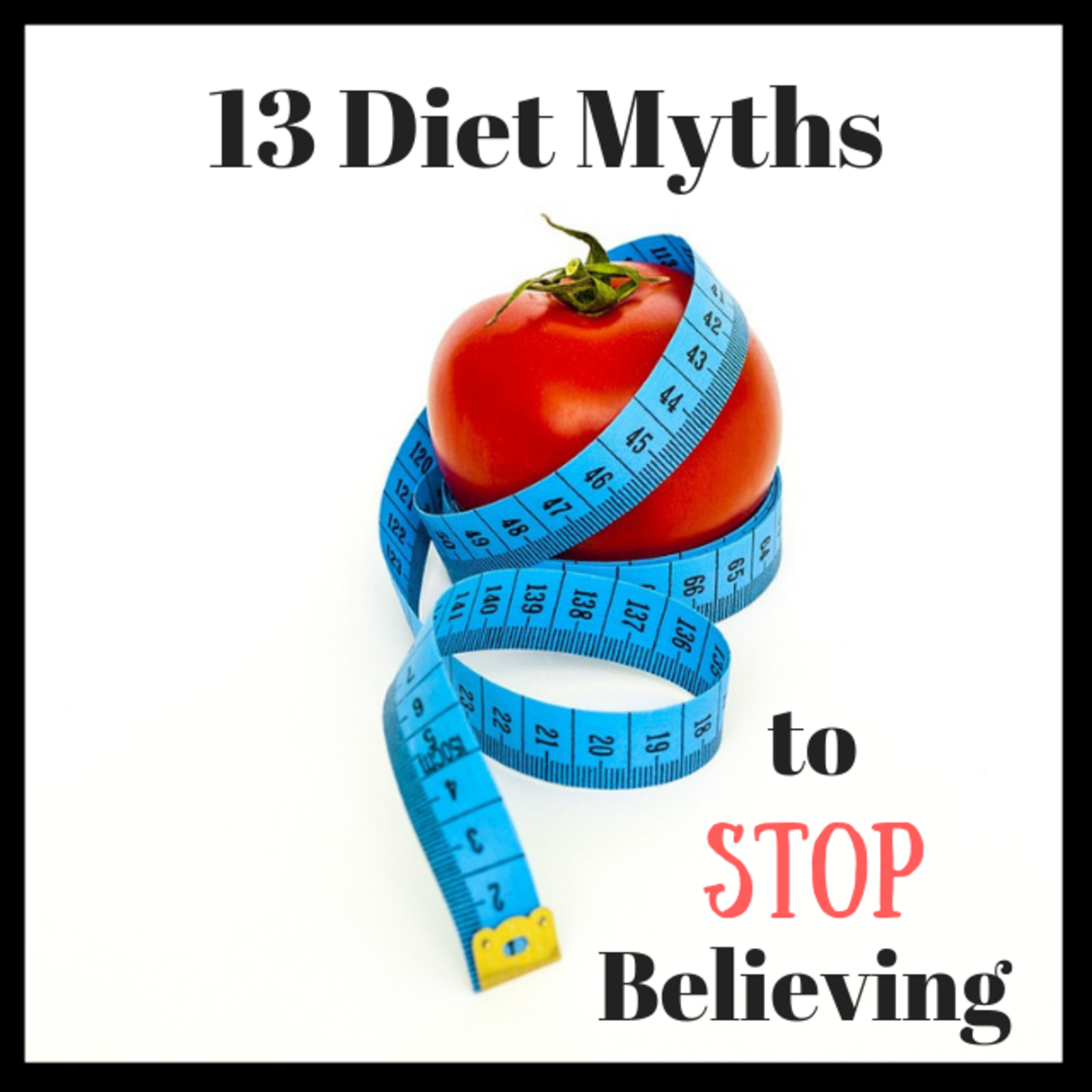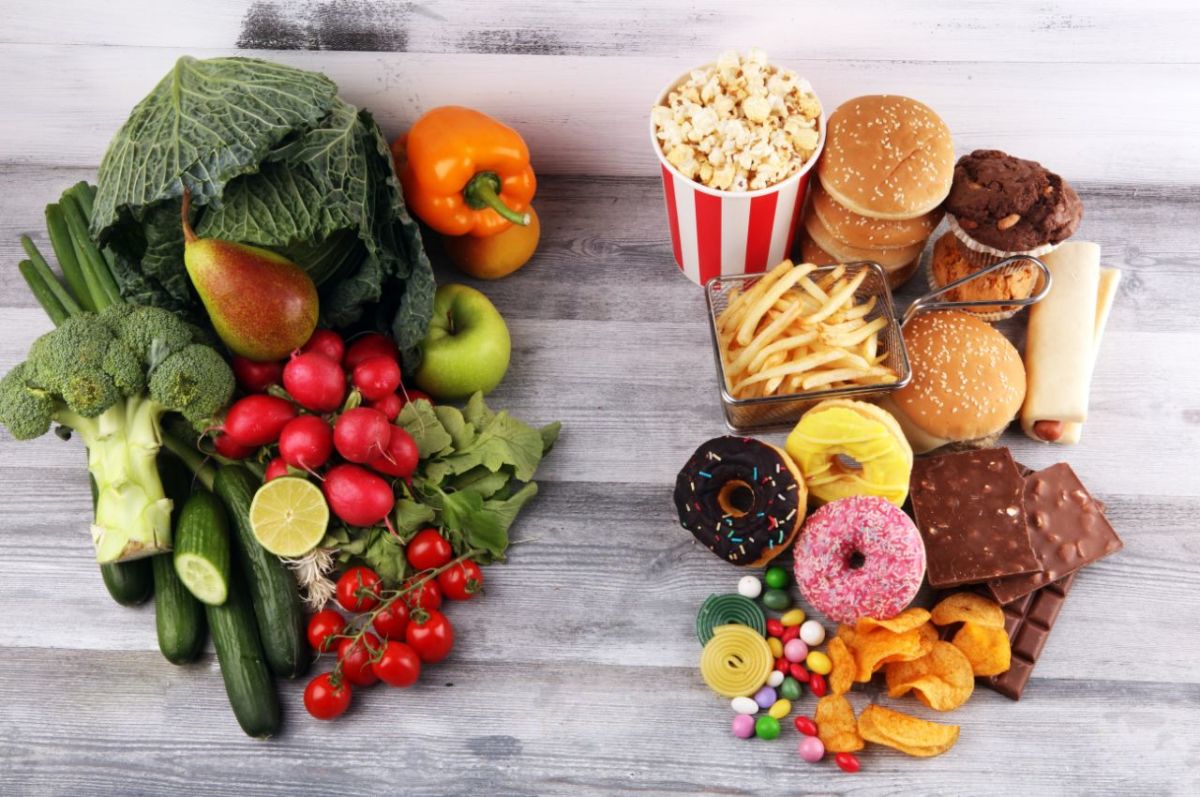Sugar - the Sweet Silent Killer

Sugar – the Sweet Silent Killer
Just finished a meal? Are you craving for some dessert? Well, you are not alone. We have a habit of eating a sweet dish after meals especially Indians. We have been grown up eating dessert after meal. Whether you are in a party or family gatherings our get together is incomplete without a sweet dish.
When you eat a dessert you are aware that sugar is entering our body but what about the hidden sources? If you want to know the added sugars you are adding to your diet, read the labels of the food.
Why is it a silent killer?
Many of us associate sweet with reward. Whenever we or our child performs well or excels in certain fields we award them and ourselves too with a sweet be it chocolate, cakes, candies, etc. It is indeed a silent killer since it is causing a variety of health problems. We are very well aware of some of its effects like it causes obesity, dental problems. The other problems which are caused by excessive sugar consumption are :
Heart diseases- Sugar increases blood pressure, bad cholesterol levels, thus increasing the risk of heart diseases.
Dementia – excess sugar consumption has been associated with dementia.
Skin Problems - excessive sugar consumption may aggravate acne in the skin. It destroys collagen resulting in premature aging and hyperpigmentation.
Liver Damage- sugary food may cause fatty liver disease. Probably this is the reason behind a dramatic increase in people with Non-Alcoholic Fatty Liver Disease.
Cancer – excessive sugar consumption may up the risk of cancer. Cancer cells feed on sugar thus multiplying and causing hazardous results.
Depression - it is a common belief that sugar may uplift your mood but this is temporary. Studies have proved that in longer terms a person consuming excess sugar has more chances to fall prey to depression.
Sleep Problems - if you are worried about not getting a good night's sleep, sugar consumption may be one of the reasons for this.
Tired and irritable – sugar causes a sudden spike of energy in our body but this is for a very short time. The energy levels then crashes down. This continuous cycle of increasing and decreasing blood sugar levels will leave you tired and irritable.
In children, excess sugar consumption may cause obesity in the long term. They might have hypertension and heart disease at a very young age.
Know the hidden sources of sugar
Most of us do not have a habit of reading the labels of the food product we are purchasing. Various products marketing campaign fool the audiences by claiming it to be healthy. Some of them even claim to be sugar-free!!!. but is it really the case? No.
Sugar is used under different names like fructose, maltose, fruit concentrate, maltodextrin, corn syrup, etc. All the words on a product label ending with "-ose" are sugars.
Next time when you take that sweetened yogurt or oatmeals, muesli thinking that you are switching to healthier options just have a close look at their labels to know how much sugar you are adding unknowingly to your body.
The health drinks consumption is on rise and this also is a potential source of sugar. Even the salad dressings are loaded with sugars.
Are artificial sweeteners the option?
Artificial sweeteners are low or no-calorie sugar substitute. They are low in calories as compared to table sugar.
Whether they are safe or not is debatable. Many consider them to be safe while many health authorities also linked them to weight gain and glucose intolerance. Excessive consumption of artificial sweeteners is not recommended. We should be extra cautious while using artificial sweeteners.
Safer options for sugar are coconut sugar, jaggery, stevia, Figs, and dates.

Do You Know…..
India ranks on top of average sugar consumption by an average adult per year. It 25.1 kg higher than global average sugar consumption levels of 23.7kg. No wonder our nation is fast becoming diabetes capital of the world.
Just 1 gram of sugar gives you 4 calories.
The daily recommendation was 10% of the total calorie intake but WHO has reduced it to 5% of the total calorie intake. This means that a person having a normal BMI should take only 6tsp of sugar only in a day.








